The applicant's criminal advocate may lodge an appeal — SC
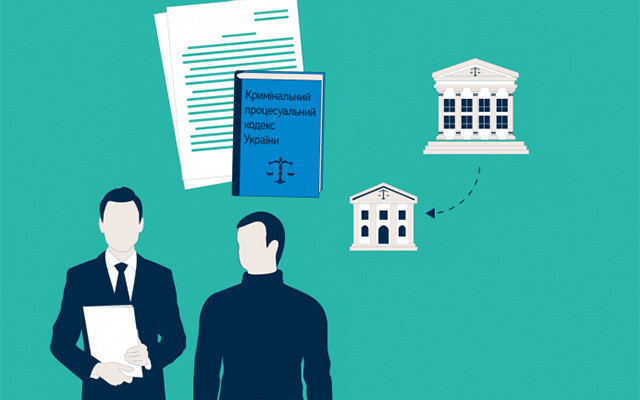
The Court of Appeal committed a substantial violation of criminal procedural law by returning the advocate's complaint due to a formal interpretation of the applicant's lack of right to have a representative. This restricted the guaranteed right to appeal and access to justice.
This conclusion was reached by the Criminal Cassation Court of the Supreme Court in case No. 752/21713/23.
The relevant decision of 15 May 2025 was published in the Unified State Register of Court Decisions.
The advocate appealed in court against the decision to close the criminal proceedings in the interests of her clients, who had reported a crime. The court of first instance dismissed the complaint, after which the advocate filed an appeal. However, the court of appeal returned it, citing that, according to paragraph 3 of part 1 of Article 303 of the Code of Criminal Procedure, an advocate, as the representative of the applicant, does not have the right to appeal. The advocate then appealed to the court of cassation, arguing that the return of the appeal violated the right to professional legal assistance and access to justice.
Having examined the case file, the Criminal Cassation Court of the Supreme Court recalled that an appeal is returned if it is filed by a person who does not have the right to file an appeal (Article 399(2)(3) of the CPC). At the same time, the relevant decision of the court of appeal must be duly substantiated, stating the reasons.
Although Article 60 of the CPC does not provide for the right of the applicant to have a representative, according to Article 6 of the Convention for the Protection of Human Rights and Fundamental Freedoms, everyone is guaranteed the right to a fair trial, which includes the right to have their case heard. The European Court of Human Rights in the case of Volovik v. Ukraine stated that the state is obliged to ensure that fundamental guarantees are observed during the examination of cases in appellate courts. In doing so, the procedural unity of the judicial proceedings and the role of the appellate court must be taken into account.
The Constitution guarantees the right to professional legal assistance. Everyone is free to choose a defender of their rights.
Article 21 of the CPC provides for the right to a fair trial and resolution of a case. Everyone has the right to participate in the consideration of a case concerning their rights and obligations in a court of any instance.
At the same time, the right to appeal procedural decisions, actions or inaction of the court, investigating judge, prosecutor, investigator is enshrined in Article 24 of the CPC. In particular, the right to review a judgment or court ruling concerning the rights, freedoms or interests of a person by a higher court is guaranteed, regardless of whether that person participated in the court proceedings.
As can be seen from the provisions of paragraph 3 of part 1 of Article 303 and part 2 of Article 309 of the CPC, the decision of the investigator to close criminal proceedings may be appealed by the applicant. During the pre-trial investigation, the decisions of the investigating judge to dismiss a complaint against a ruling to close criminal proceedings may be appealed.
Guided by these provisions, the CCU of the SC concluded (decision of 15.05.2025 in case No. 752/21713/23) that the judge of the appellate court, in rendering the decision, had reached premature conclusions about the need to return the appeal of the applicants' representative, an advocate.
In the opinion of the panel of judges, this violation is significant because it prevented the court of appeal from making a lawful and well-founded decision. This is grounds for overturning such a court decision.
Popular news
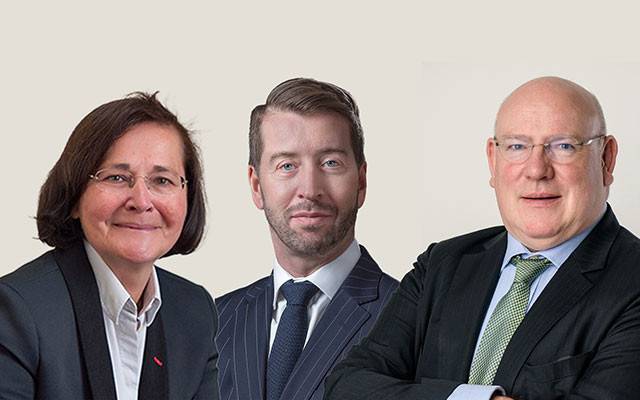
Legislation
UNBA initiatives to implement the Roadmap were supported by international experts
International experts who participated in the inaugural meeting of the Working Group on the implementation of the Roadmap on the rule of law in advocacy and agreed to join it expressed their support for the initiative of the Ukrainian National Bar Association.

Legislation
How will the group responsible for implementing the Roadmap for advocacy operate?
The working group on the implementation of the Roadmap on the rule of law in the area of advocacy will operate at several levels: plenary meetings as a platform for adopting framework decisions, a coordination bureau for compiling documents and calendar control, and thematic subgroups for preparing norms and their justification. International experts will verify the results against European standards and «red lines».
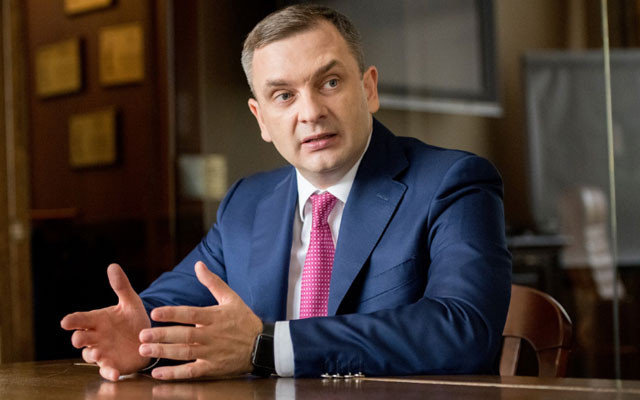
Legislation
Advocacy is a responsible entity, not a critic of reform — V. Gvozdiy
The Roadmap on the Rule of Law is not a basis for restructuring the model of advocacy, but a framework for verifying and improving the already European-oriented system. At the same time, part of the work has already been done, so further progress should be made in the form of coordinated and practical decisions.
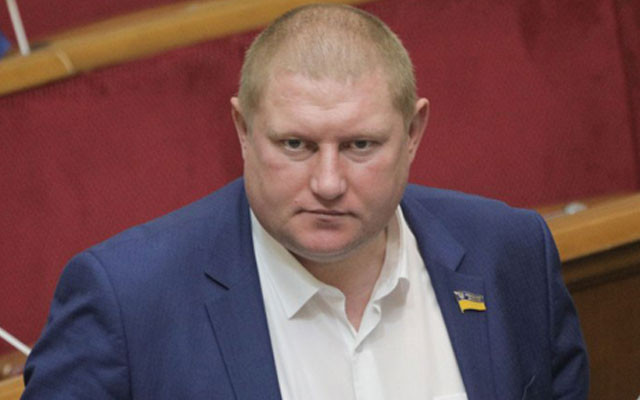
Legislation
Vatras on the implementation of the Roadmap: only advocates should create their own destiny
Work on implementing the Roadmap in relation to advocacy should be based on the participation of the professional community itself, and key tasks should be structured in such a way as to avoid mixing processes that differ in content and procedure.
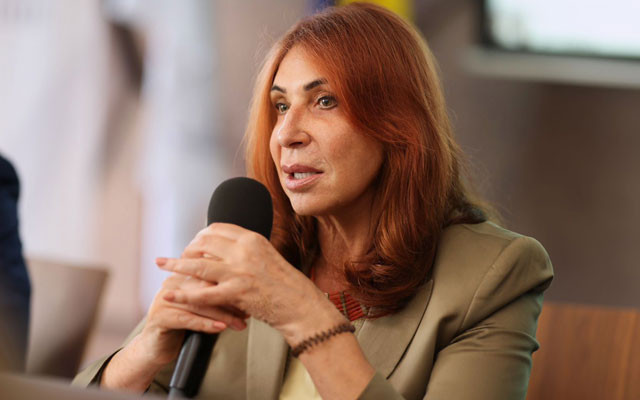
Legislation
Lidiya Izovitova outlined the approach to implementing the Roadmap for advocacy
The general approach to working on the implementation of the Roadmap on the Rule of Law in terms of reforming advocacy should not be based on «slogans», but rather on gathering facts, comparing them with standards, consulting with the professional community, and formulating norms for which participants are prepared to take responsibility.
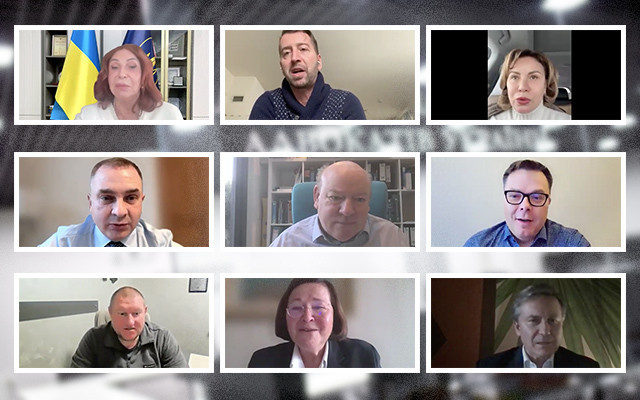
Legislation
Roadmap and advocacy: working group holds first meeting
On January 2, the first organizational meeting of the Working Group on the implementation of the Roadmap on the rule of law in the area of advocacy reform took place. The event was devoted to agreeing on the framework for further work and exchanging the initial positions of the participants.
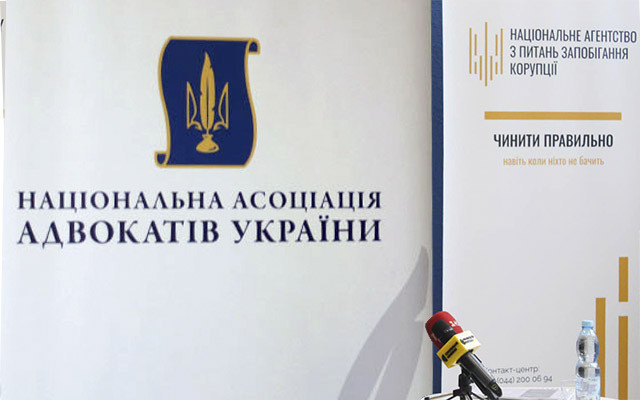
Self-government
BCU: NACP initiatives regarding the Bar are unconstitutional interference
The Bar Council of Ukraine has condemned the initiatives to reform the Bar proposed by the National Agency on Corruption Prevention as direct, gross and systematic interference by the executive branch in the activities of an independent constitutional institution.

Self-government
UNBA program for implementation of the Roadmap on the rule of law published
In order to ensure the implementation of measures set out in the Roadmap on the Rule of Law, the Bar Council of Ukraine approved a program for its implementation in relation to the reform of advocacy.
Publications

Victoria Yakusha, Law and Business The anti-corruption vertical cannot «take care» of the Bar as an institution, - acting head of the HQDCB

Censor.net Protecting advocates – protecting justice: addressing concerns about the new law

Ihor Kolesnykov A BRIEF SUMMARY REGARDING THE APPLICATION OF THE ORDER ON EXTENDED CONFISCATION IN LATVIA REGARDING FINANCIAL ASSETS OF…

Valentyn Gvozdiy WORKING IN A WAR ZONE

Lydia Izovitova Formula of perfection

Sergiy Vylkov Our judicial system is so built that courts do not trust advocates

Iryna Vasylyk Advocacy in the proclamation of Independence of Ukraine

Oleksandr DULSKY When we cross the border of the Supreme Anti-Corruption Court, we get into another department of the National Anti-Corruption…
